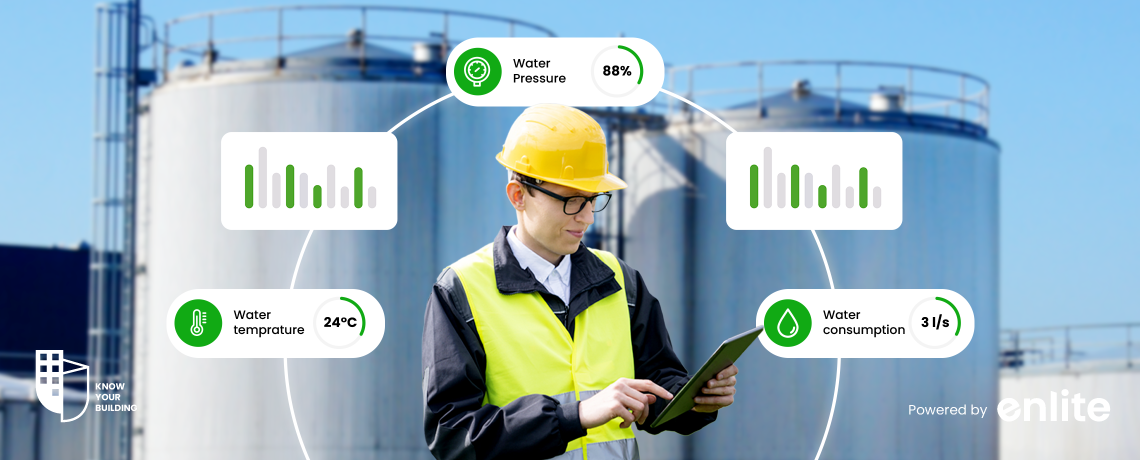Building Management Systems (BMS) play a crucial role in optimizing water usage in commercial buildings, helping to conserve this vital resource. By integrating smart water management systems, BMS can monitor water usage, detect leaks, and optimize water flow, leading to significant reductions in water waste. For example, BMS can use real-time data to adjust water flow in response to demand, ensuring efficient water use and minimizing waste. Data from buildings using BMS for water management show reductions in water consumption by up to 20%, demonstrating the effectiveness of these systems. This proactive approach not only conserves water but also reduces operational costs by minimizing water waste and associated expenses.
Leak detection is another critical feature of BMS, helping to identify and address leaks quickly before they result in significant water waste. This not only conserves water but also reduces the risk of water damage and associated repair costs. For instance, buildings that have implemented leak detection systems as part of their BMS have reported significant reductions in water waste and maintenance expenses. By promptly addressing leaks, BMS ensure that water is used efficiently and effectively, contributing to overall sustainability goals. This proactive approach to water management highlights the importance of BMS in conserving water resources and enhancing operational efficiency.
Case studies of commercial buildings using BMS for water conservation highlight the impact of these systems. For example, a large office building that integrated smart water management and leak detection systems reported a 25% reduction in water usage and a 15% decrease in water-related maintenance costs. These results showcase the potential of BMS to drive significant improvements in water conservation and operational efficiency. By optimizing water usage and minimizing waste, BMS contribute to the sustainable management of water resources. In conclusion, BMS are essential for optimizing water usage in commercial buildings, providing significant water savings and operational benefits.
Take control of your building’s water usage with our innovative cloud-native building management solutions. Our products are designed to optimize water flow and detect leaks, ensuring efficient water use. Contact us today to learn more about how our solutions can help you achieve your water conservation goals.














